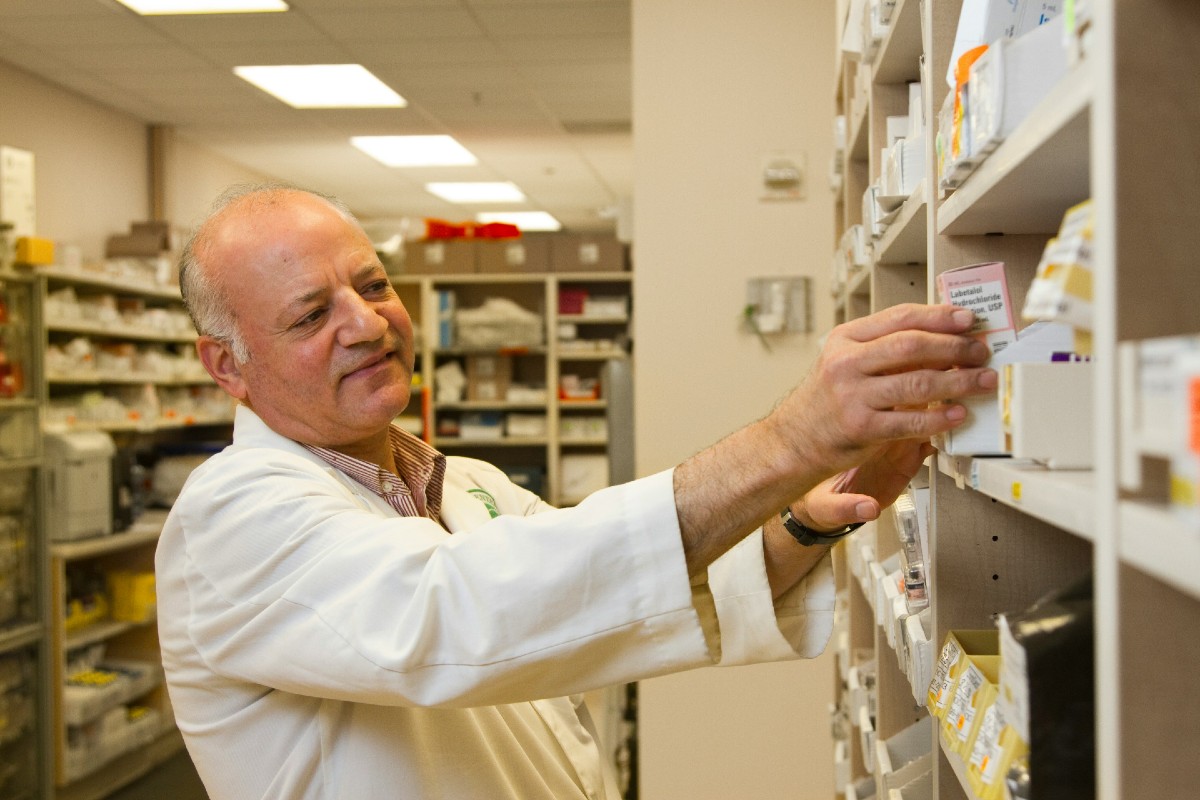A more innovative health and care system is an economic and social necessity. The potential impact of tackling these national challenges through innovation is substantial – healthier population, enhancing workforce productivity, reducing pressure on the NHS and strengthening the UK's position as a global leader in life sciences.
The Health Innovation Network was encouraged to see health innovation front and centre in the Government's newly published 10-Year Health Plan. The message rang out loud and clear: innovation is no longer a ‘nice-to-have', but an essential lever for a healthier nation and a stronger economy. The plan offers a once-in-a-generation opportunity to hard-wire innovation into the DNA of our health and care system.
Innovation: an economic and social necessity
Britain's health and wealth agendas are deeply intertwined. Tackling our national health challenges through innovation can generate profound benefits. We know from our report, Defining the Size of the Health Innovation Prize by Frontier Economics, innovations in healthcare could boost the UK's growth by bringing in around £246bn every year. Tackling ill-health by reducing chronic disease, enhancing preventative care and boosting overall health-related quality of life can significantly increase workforce productivity and enable more people to stay economically active. At the same time, innovation offers an effective route to relieve pressure on the NHS by helping to reduce hospital admissions, cutting waiting lists and improving efficiency across care pathways. Finally, there is a direct economic dividend: creating skilled jobs, attracting international investment and supporting the ambitions of the Industrial Strategy to make the UK a global powerhouse in life sciences.
To deliver on this potential, innovation efforts must be focussed on where they generate maximum value. That means prioritising impact for patients, for the workforce and for the wider economy.
From invention to implementation
The innovation challenge in the NHS is not an invention one, it's an implementation one. The Health Innovation Network's innovation pipeline holds over 3,000 proven, evidenced-based innovations. We already know what works well and why. The real challenge is to embed innovations across the entire health and care system at pace and scale. Success requires a shift in focus: from celebrating individual breakthroughs to supporting their implementation, spread and sustained adoption. To be successful we will have to reimagine how we incentivise systems to ‘steal with pride' rather than reinvent and how we ensure leadership and accountability for this is correctly and visibly distributed across all parts of the system.
Enabling the shift
For this ambition to be realised, several enabling factors must also be in place.
First, a digital-first approach is essential, but simply moving from analogue to digital won't be enough. We must harness the transformative power of data and digital tools to redesign care and measure impact, all the while ensuring we don't inadvertently exacerbate health inequalities. Second, greater emphasis is needed on prevention and how innovation can support the shift to population health approaches that keep people well for longer. Third, innovation should be understood in terms of care pathways, rather than isolated tech interventions. It's about redesigning how care is delivered, using new technologies as elements of reimagined care pathways, rather than maintaining traditional pathways but with some ‘tech and digital' components.
We must also continue to invest in research and improve demand signalling so that new innovations meet the real needs of the NHS. Similarly, we need to support our clinical and non-clinical workforce by building our capacity to understand and adopt innovation as part of our business as usual. Undergraduate education, graduate management programmes and executive leadership development are all opportunities to support our next generation of staff to ‘get' innovation adoption.
The Government's 10-Year Health Plan provides a bold and necessary framework. The challenge now is to convert that ambition into delivery.
At the Health Innovation Network, we have the tools, the expertise and the track record to work with our partners in the NHS, industry and academia on the ground in local communities to operationalise this plan. What is needed is the commitment from every level of the system to make it happen. We look ahead to influence and learn more about how we can all deliver this plan in the coming weeks and months. By embracing innovation, we can build a healthier, more resilient population, ease pressure on health and care services, and drive economic growth across the UK.



